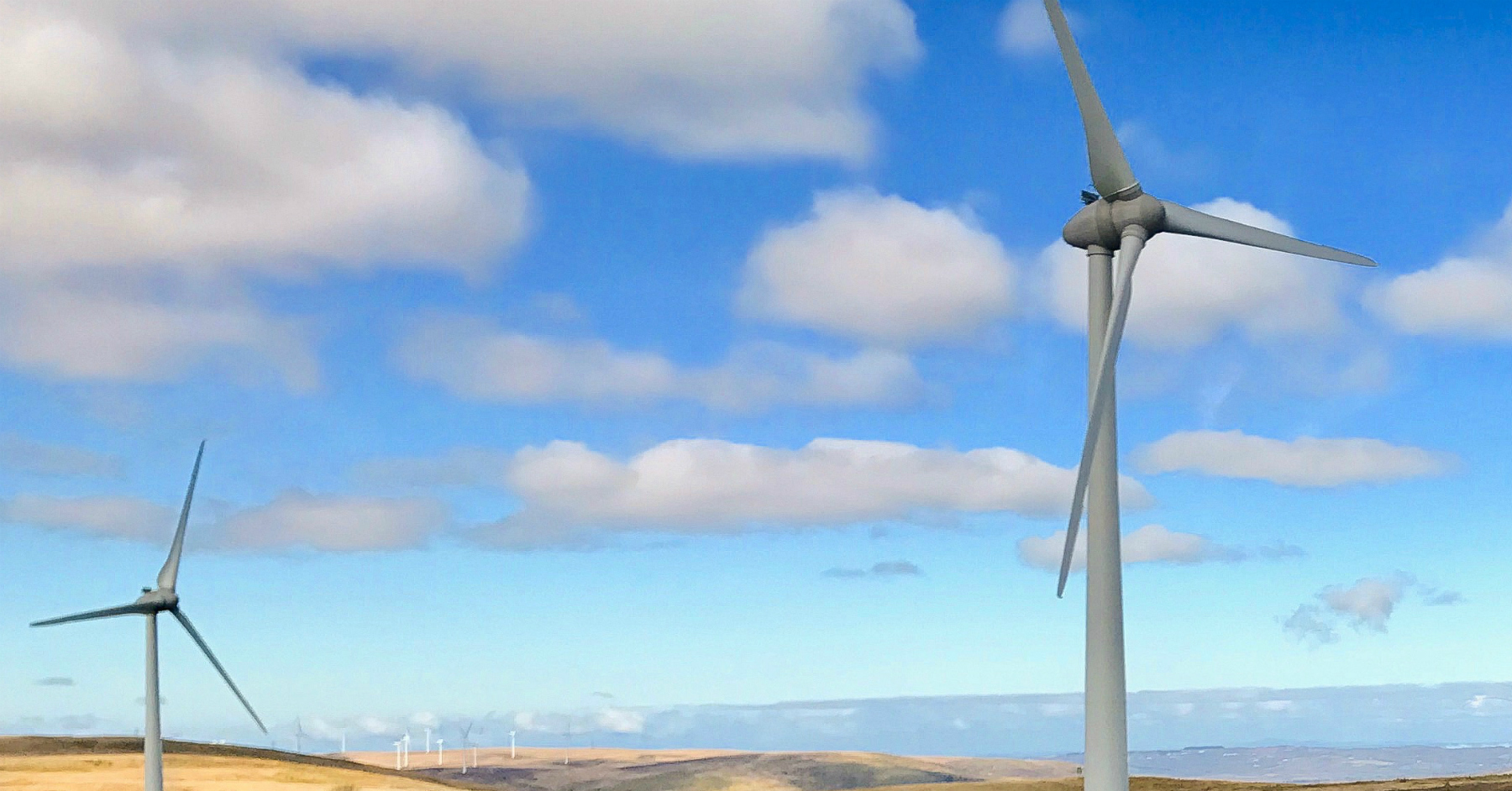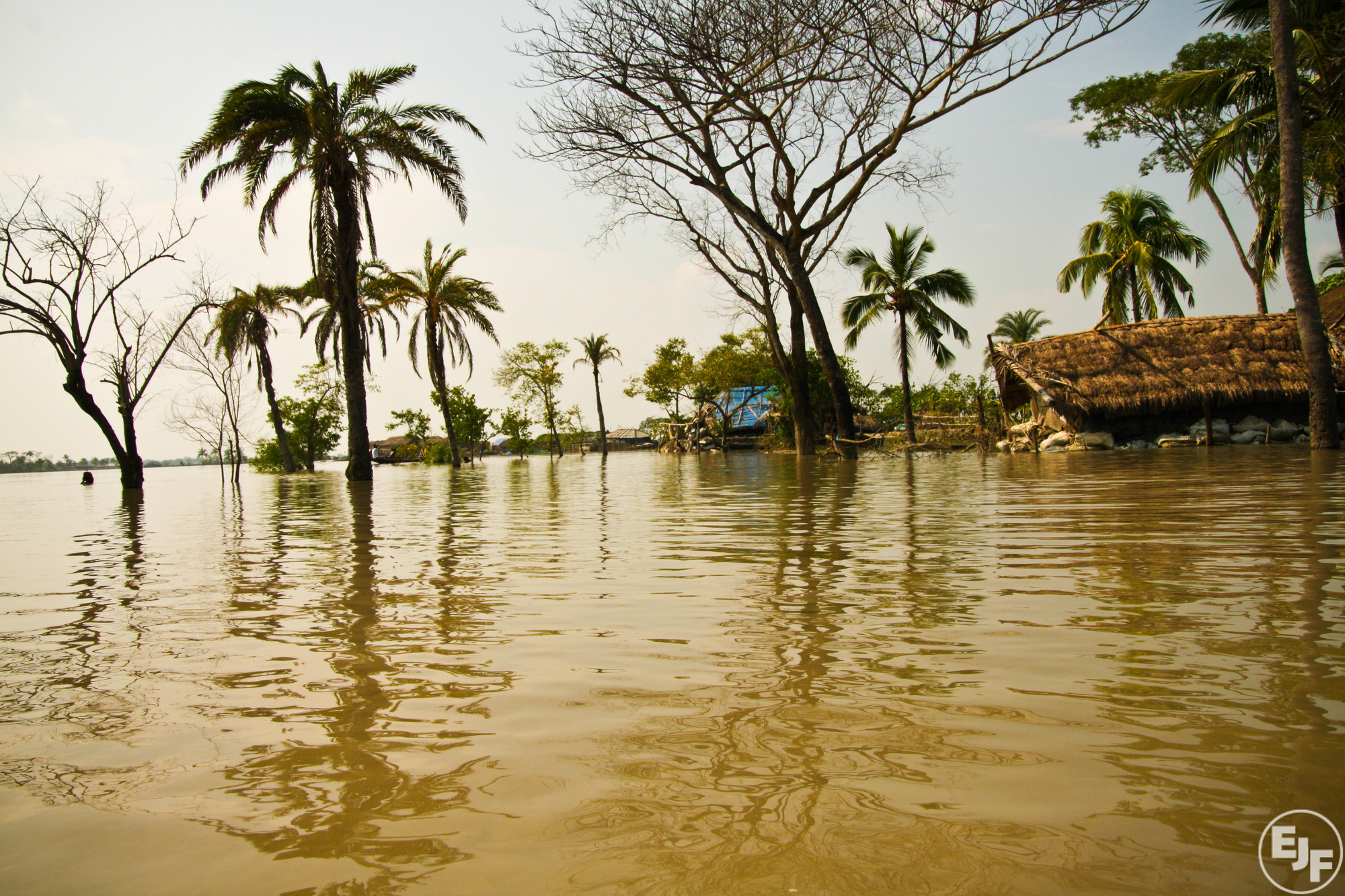
Nothing but snake oil: Join EJF in saying no to palm-oil biodiesel
This month the European Commission finally acknowledged that oil palm cultivation causes significant deforestation, and that palm-oil biodiesel cannot be counted towards green fuel targets. But loopholes remain that will continue to drive destruction: respond to the consultation today to let the Commission know this cannot stand.
From the start, the EU’s inclusion of palm oil as a ‘green’ source of biodiesel was a mistake of gargantuan proportions. Not because it didn’t help, but because it made things worse. Substantially worse.
Palm-oil biodiesel can cause up to three times the greenhouse gas emissions of fossil diesel. All growth in EU biodiesel since 2010 comes from imported palm oil, making vehicle drivers the top consumers of palm oil in Europe today. The EU is the world’s second largest importer of palm oil, and over half is destined to become biodiesel.
Alongside the total failure to tackle climate change there is the heart-rending destruction of some of the world’s richest wildlife habitat. Around 24 million hectares of Indonesia’s rainforest was destroyed between 1990 and 2015 – an area almost the size of the UK.
As well as orangutang, the destruction is laying waste to crucial habitat for a range of other rainforest species, including the endangered Bornean pygmy elephant, and the Sumatran tiger, elephant and rhino, all of which are critically endangered. Indeed, if oil palm expansion reaches its potential, it could affect over half of all threatened mammal species and 64% of threatened birds.
How could such a grave error be missed?
The original EU biofuels policy did not take into account emissions caused by deforestation and drainage of carbon-rich ecosystems. The increased demand for palm oil as a fuel rather than a food has meant that ever more land is being cleared of pristine rainforest and turned into plantations.
In June last year, the EU Parliament and national governments agreed to phase out palm oil biofuels by 2030, starting in 2023 for palm oil producing nations. However, the European Commission is making slow progress, coming under mounting pressure from the palm oil lobby and Malaysian and Indonesian governments, who are threatening a formal complaint to the World Trade Organization.
The new draft act from the European Commission does acknowledge that palm-oil biodiesel is unsustainable but contains several loopholes. These include exemptions for additional palm oil produced on ‘unused land’ or on independent plantations smaller than five hectares.
These are not trivial issues. In fact, they could render the act almost completely meaningless.
For some palm oil giants, over half their palm oil comes from small independent plantations. And small size by no means guarantees that they do not cause deforestation. In terms of ‘unused’ land, these areas may in fact be used by local communities to support themselves or deliver important ecosystem services.
These loopholes smack of the weasel words of the powerful biofuels lobby, and they cannot stand.
Tell the European Commission today: Not on my watch. And #NotInMyTank.
SIGN UP FOR OUR EMAILS AND STAY UP TO DATE WITH EJF

